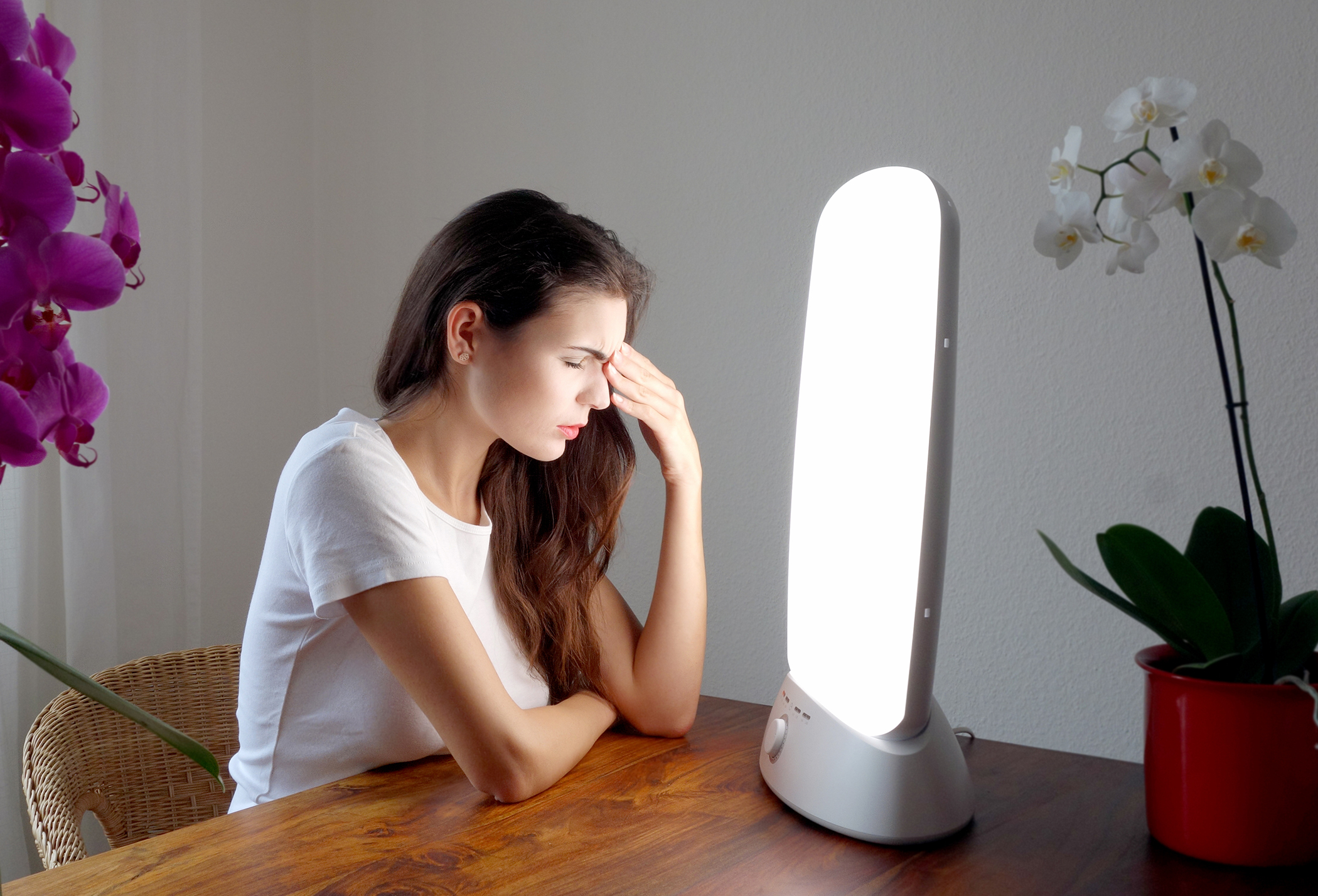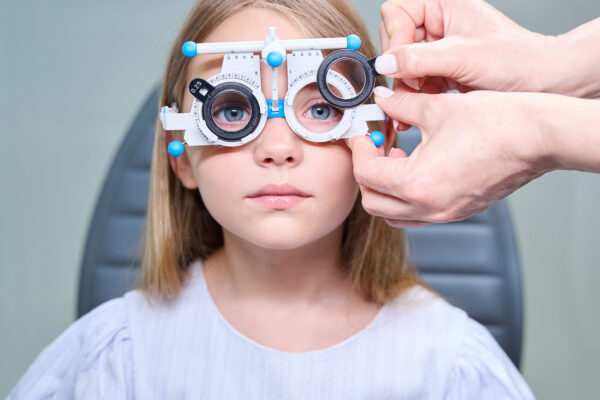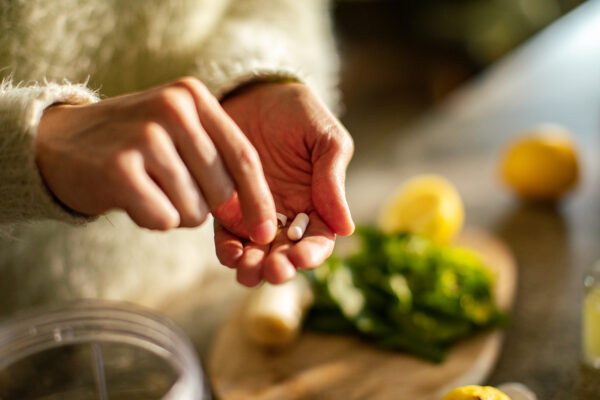Effective Lifestyle Changes and Supplements to Combat Seasonal Depression
By Jamie Bussin
Are you feeling out of sorts? If so, know that you are not alone. This time of year, with the cold and damp and limited sunlight, may make you feel less than your best self. But it also might be something more serious. Seasonal affective disorder (SAD), aka seasonal depression, or “the winter blues” is more common than you might think. It can affect up to 15% of the population.
I discussed SAD with naturopath Dr. Colleen Hartwick in Episode #319 of The Tonic Talk Show and Podcast. This is a digest of that conversation.
The Symptoms of SAD: In addition to feeling…sad, you might find that you have less energy or that you are disengaged or that you feel flat or numb. You might not want to do the things that bring you joy. You might feel hopeless, experience changes to your appetite or hypersomnia (sleeping a lot). You might seek to isolate and in extreme cases you might consider self-harm. And if it has come to that, you should speak with a doctor and/or a mental health professional.
The Causes of SAD: The reduction in sunlight this time of year impacts our circadian rhythm. This causes increases in the sleep hormone, melatonin, which makes us feel groggier, more tired, more inclined to stay in bed a little bit longer. And with that, there is a reduction in a neurotransmitter called serotonin. When serotonin levels dip off you can feel a bit more anxious, more irritable or more sullen and depressive.
You can see alterations in our stress hormone, cortisol which tends to be blunted this time of year. Cortisol, which sometimes gets a bad rap, functions in the morning to rev up your engine, wake you up, and make you motivated to get about your day.
We know that sunlight is important for kick-starting the production of Vitamin D by our bodies. Vitamin D, in turn, plays a significant role in serotonin signalling, and thus another mechanism that could explain the lower levels of serotonin observed in people with SAD.
Lifestyle Choices To Alleviate Symptoms of SAD
Despite the inclement weather, do your best to get outside, particularly when the sun is shining to get some natural light exposure. If you live in a place where there aren’t a lot of sunny days in winter (ie. Toronto), invest in a full spectrum light bulb (aka a happy light). It helps to mimic the array of different wavelengths of light from the sun, and therefore bumps up Vitamin D levels, and helps to boost our serotonin levels.
Exercise, which if vigorous enough releases endorphins, is really helpful as well. Make sure that you maintain social connections. When you’re in social isolation,serotonin as well as dopamine levels dip.
Can Supplements Help?
The first supplement to consider is Vitamin D as it is important for serotonin signalling. Have your Vitamin D levels tested and supplement as appropriate.
Omega-3s, specifically EPA, seem to also play a role in increasing serotonin signalling and ultimately helping us feel happier. EPA is what Colleen calls a “functional fat”. It helps to reduce inflammation. When inflammation is high serotonin and dopamine, which are neurotransmitters, are blunted. For some, that might show an increase in anxiety and for others increased feelings of depression.
There are supplemental molecules that might help. Tryptophan is a “first step” chemical that ultimately can become serotonin. A “next step” chemical is 5-HTP.
Colleen also recommends a Vitamin B-complex which includes Vitamin B6, which is a necessary ingredient in helping us to turn tryptophan into serotonin. So those are a few places to start.
SAD Diagnosis
If you think that you might be suffering with SAD, it is important to have a qualified practitioner do the right investigative work to get the right diagnosis. Once the diagnosis is made, further testing can be done to help elucidate what’s going on under the surface that’s showing up as symptomatology. That might require blood work and an exploration into lifestyle choices.
But know that with a correct diagnosis SAD is treatable.




